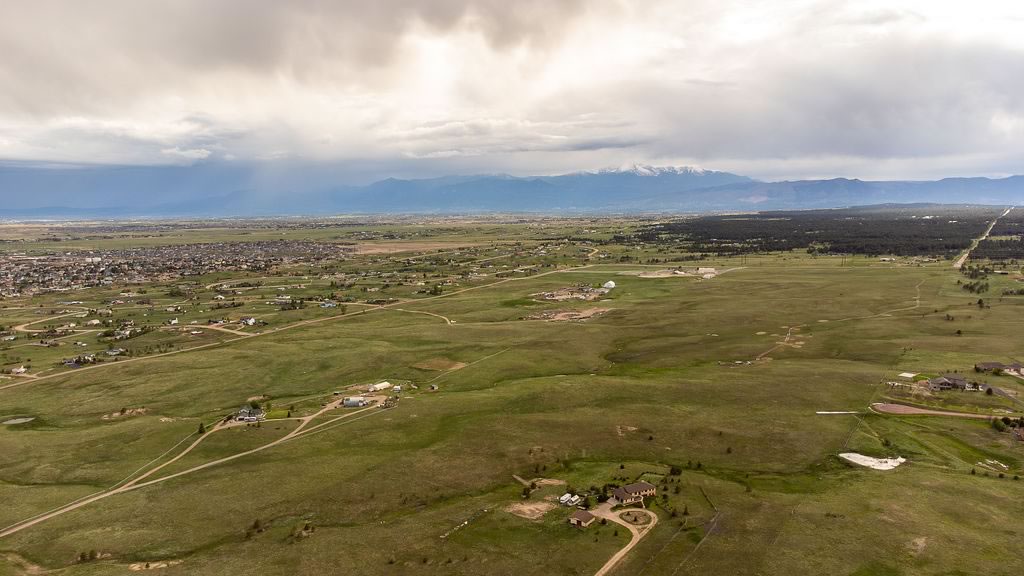Terry Stokka has lived in Black Forest for 29 years. He is president of the Friends of Black Forest, chairman of the Black Forest Land Use Committee and chairman of the Black Forest Water & Wells Committee.
Do you realize all of the complicated interactions that exist between the city and county? One of the more interesting ones is that everyone lives in the ìcounty.î City dwellers are county residents as well as city residents. We county residents only deal with county issues and pay county taxes, but the folks within the city limits have to deal with county commissioners as well as the city council and pay taxes to both.The county is divided into four quarters based on population, with a fifth district that is a small area totally within the city limits. The fifth county commissioner represents only city dwellers, unlike the rest who represent both city and ìcountryî dwellers. District 1, Holly Williamís district, starts at about Dublin and goes north to the county line. District 2 starts at about Academy Boulevard and goes northeast all the way to Ramah. Since everyone in the city is also in the county, the more populous Briargate effectively elects the District 1 commissioner; and the eastern part of the city effectively elects the District 2 commissioner.After this, things get more complicated. I used to think it was wrong for city dwellers to also be part of the county, but when I learned that they pay county as well as city taxes, I changed my mind and am thankful for all those city dwellers who help pay for county expenses. There is one small tax (mine was $9 for the year) called the road and bridge tax where the county gets to keep all of it from county residents but half of the tax paid by the city dwellers goes back to the city.Now we get to the facilities. The city pays for the city courthouse but they only handle municipal issues like traffic tickets in the city, building codes and other city issues. We all pay for the county courthouse that handles cases like felonies, lawsuits and crimes. We all pay for the county jail (no city jail), the register of deeds, the Department of Motor Vehicles, the county coroner and emergency management offices. We all pay for the Citizenís Service Center that houses the assessor, clerk of court, treasurer, elections office, welfare office and job search office. We all pay for the library. The city pays for its own police force, but we all pay for the county sheriff. Once again, thanks to the city taxpayers for helping to pay for our county sheriff.Taxes for schools and fire departments are all based on their district boundaries so the city/county does not come into play here.Almost three-quarters of our property tax bill goes to run the schools and pay off the bonds for building new schools. When a new development is proposed, the developer is required to either provide land for schools or pay fees to build those new schools. Either way, new development does not cover the cost for new schools so existing taxpayers must cover a significant part of the bill. The city council just enacted impact fees for new residential developments that they say will cover 70% of new school and fire department costs. However, the county commissioners refused to permit fire departments to collect an impact fee for new developments so existing residents must finance the new stations. Not a fair shake in my book, and clearly a gift to the developers.When all is said and done, El Paso County enjoys some of the lowest taxes in the state. Some would say we should raise taxes to fix more roads and have more deputies on the roads in the county, but we all know that raising taxes is a touchy subject. At least we can be thankful that our leaders are keeping our taxes lower than average. The unfortunate folks in Boulder and Pueblo pay several times as much tax as we do.I hope this short tutorial has helped you see the complicated city/county relationship that exists. If I were king for a day, I would do several things: (1) require our county commissioners to live outside the city limits since they deal with issues out here and not nearly as much in the city, (2) require residential and commercial developers to pay a larger impact fee for new development so existing residents donít get socked with taxes caused by growth, and (3) require developers to pay a fire department impact fee for each new lot to finance station and equipment growth for fire departments.




